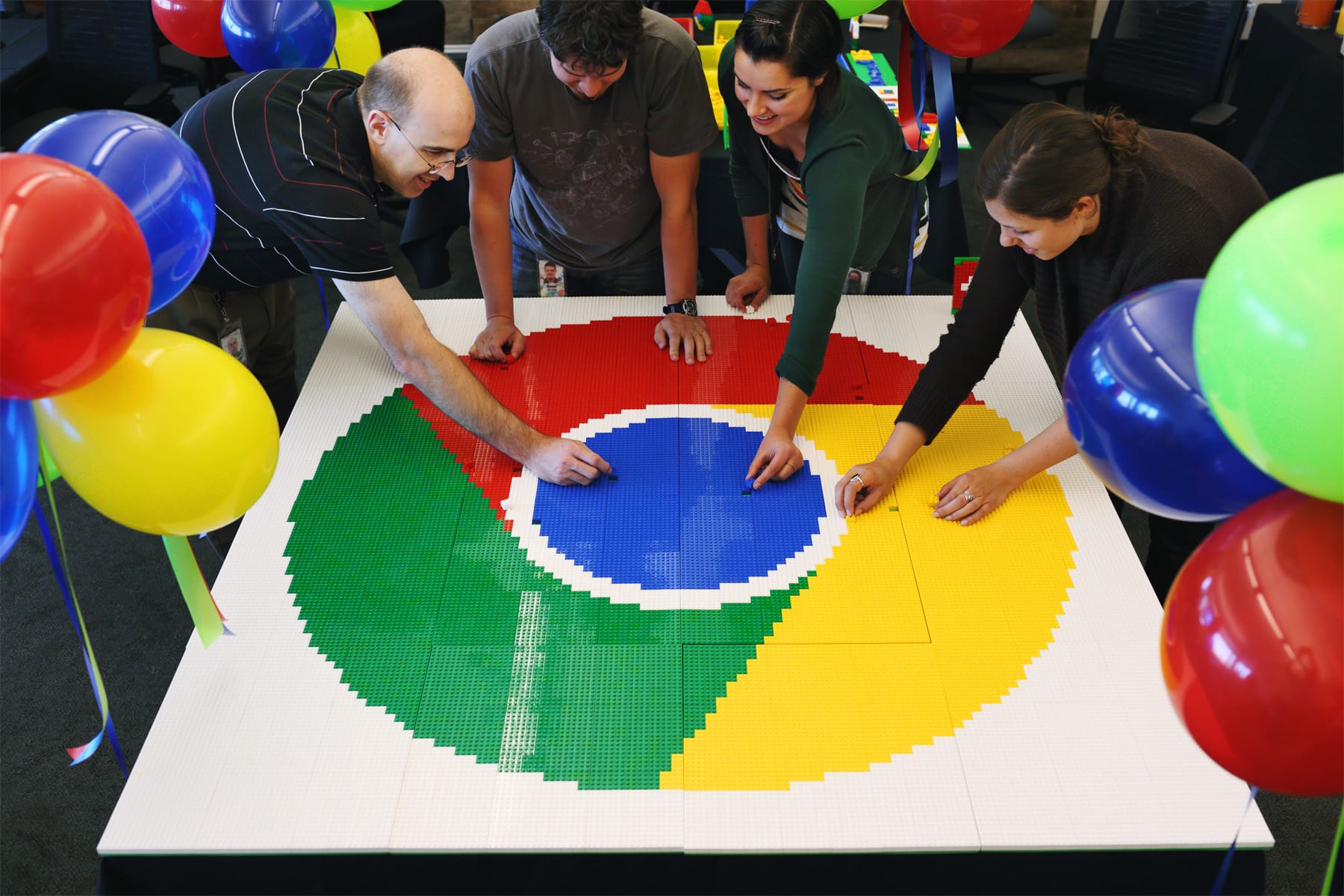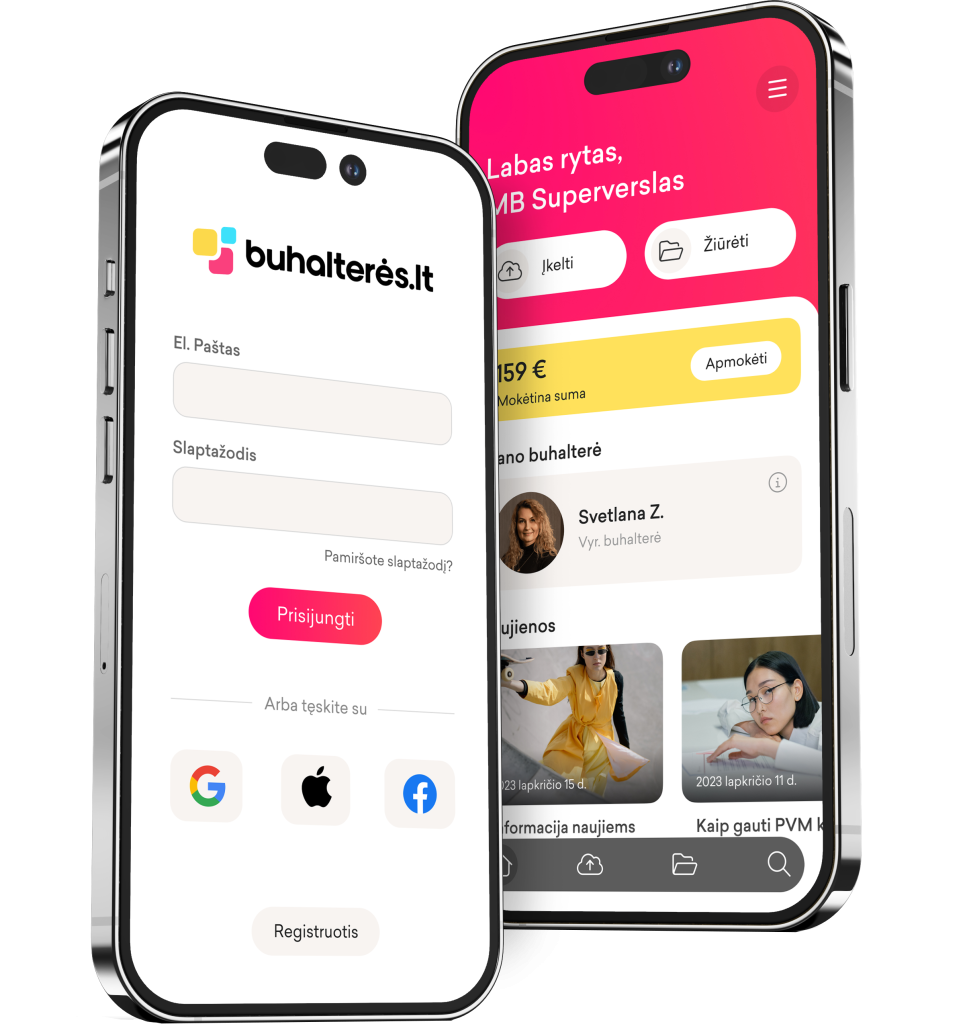Finding a dream job is not easy. Many workers spend their days at the computer, even though their childhood dream might have been to become an astronaut, a chef, or the brightest pop star of all time. But does that mean that all these people, who haven’t realised their professional dreams, dislike their everyday jobs and feel unhappy?
Stress, low pay and lack of business culture undoubtedly have a negative influence on workers’ motivation. Perhaps then, higher wages, more flexible work hours and open career opportunities could help satisfy your employees. Yet still, satisfied and happy are two different things.
So What Makes Workers Happy?
More and more employers seem to be drawing a definite line between work and private life. That is, they try to unlock the secret to workers’ happiness by adapting the work schedules to their needs and allowing them to spend less time at work and more on personal matters. However, it seems that unlimited vacations and extremely flexible hours are not the best answer, because the happiest employees are those, to whom the line between work and private life has become nearly invisible or has even been erased. People working in the headquarters of Eventbrite in San Francisco are considered to be one of the happiest groups of workers in the world. Why? Because the said line almost doesn’t exist here, people bring their dogs, go bowling during lunch and, for example, can meditate at any time at all – whenever they fancy.
The main idea, therefore, is quite simple – provide the workers with a space where they can have a fun time. Then they will work with much more enthusiasm, which itself will result in higher productivity. But the reason for that lies a little deeper.
A good atmosphere at work is unimaginable without colleagues with whom you get along. Group activities within the work environment as well as outside it are a great way to bring workers closer together and create personal bonds and friendships. That is why friendships among employees are also beneficial to employers. Studies show that people who work together with their best friends feel much more committed to the company, and carry greater responsibility for the quality of their work.
Investing in workers’ loyalty, creating good relationships and encouraging interpersonal bonds pays off. But before creating a strategy and planning your budget, it is necessary to take note of a few important things:
1. Different needs
80 % of young people gladly socialize in the work environment, enjoy entertainment and want to spend more time with their co-workers. However, only 60 % of older workers who have families are as enthusiastic. Therefore, it is important to adequately evaluate the situation and note the different needs and possible differences of opinion.
2. Duty can never become a pleasure
Events after work hours or trips on weekends, however interesting or creative, must be voluntary: the workers need to be able to decide whether to take part or not. If there’s a risk that nobody will come, let them take the lead and organize their entertainment themselves. Most importantly, everything has to happen naturally, with positive thinking and without unnecessary pressure.
3. A good atmosphere does not always guarantee desired results
Creating a proper environment consists of more elements than fun – if you’ll turn your workplace into one giant amusement park, it won’t necessarily mean that you are appropriately motivating your workers.
Allow your workers to learn, grow and improve, and also properly relax. This will undoubtedly create added value for your company.











